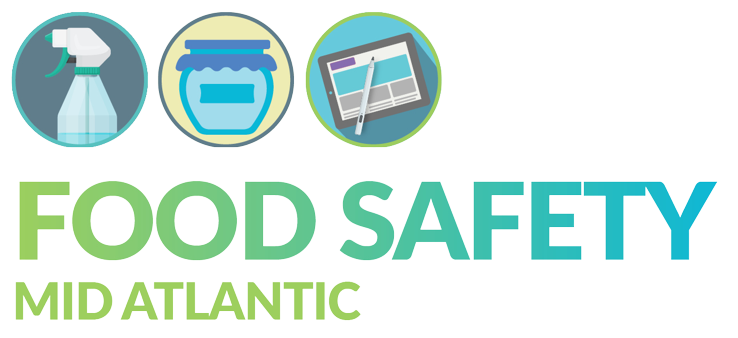This is part three of a multi-part review of an interview I did with Wayne Robert in August 2020. Sadly Wayne passed away in January 2021. Reading through the interview we did for my book gives me hope for the future. Here you can find Part 1 and Part 2.
Food is a public interest issue.
Wayne Roberts, Interview August 2020

In 2019 in America more than 35 million of us struggled with food insecurity. This increased during the COVID-19 pandemic to 42 million people of which 13 million were children. At the same time 42% of us are obese and 3000 people per year die from foodborne illness.
In 2019 we paid farmers $22 billion in subsidies and trade related aid. These subsidies mostly go to farmers who are growing corn and soy. This is when farm bankruptcies increased. Why can’t farmers make a profit?
In 2019 medical costs for obesity, heart disease, and diabetes which are mostly diet-related are in the region of $10 billion. This is a public health crisis.
Wayne introduced the idea as the food system being a public health issue in 2008 in The No-Nonsense Guide to World Food where he wrote that taxpayers end up pay at both ends, as we pay for the farm subsidies and for the increased medical costs caused by eating a diet high in calories, salt, sugar and fat and low in micronutrients.
In my interview with Wayne, we discussed the idea of food being in the public interest and that we need to stop blaming individuals and start looking at the whole food system. Agriculture, food retail, nutrition, health, medicine are not separate issues, they are all linked. The increase in diet related chronic illness is directly linked to our agricultural policy that encourages farmers to grow corn and soy rather than fruit and vegetables.
While Wayne found that Canadians are more likely to understand the concept of food in the public interest better than Americans, he found that when the Toronto Food Policy Council was founded and placed in the city’s Public Health Department, there was a lot of push back from city people because food wasn’t seen as a city issue.
“[T]he concept that I always found odd was that it is not so much that a city was doing food. It was that the government was doing food. It was, like, what the hell does the government have to do with this other than policing the restaurants to make sure they’re safe?”
Wayne Roberts, Interview August 2020
Wayne felt strongly, as do I, that we need to consider the whole food system and not separate out agriculture from production from retail from restaurants. We need to center food in the public interest rather than try to be completely representative of all food interest groups. We must to recognize that what and how we are farming causes foodborne illness, diabetes, and obesity. Mass produced chickens and overly processed packaged food comes from the fact that we do not consider food to be a public good and responsibility.
We must change government policy to a food policy which centers health and nutrition. All other government policies, such as our agricultural policy and health policy, must be based on a strong central science-based food and nutrition policy. Thus, the government has an important role in ensuring we have access to nutritious food; food that is high in micronutrients and fiber rather than high in sugar, salt and fat.
Food in the public interest shouldn’t be a unusual concept. We need to explain and educate why the current food system isn’t working for most of us and show how the whole food system affects our health. It should be easier to eat a healthy diet and harder to find a fast food restaurant.
How can we change food policy, help people see the whole food system, and start making sure that the food system is in the public interest?
